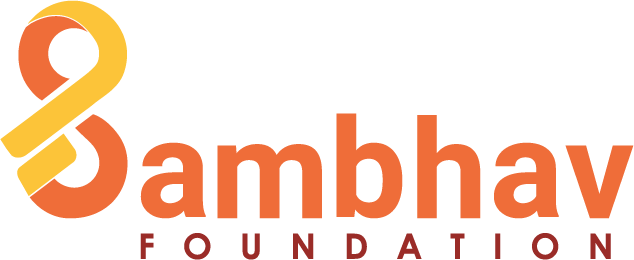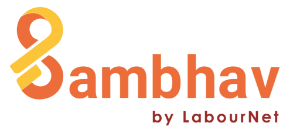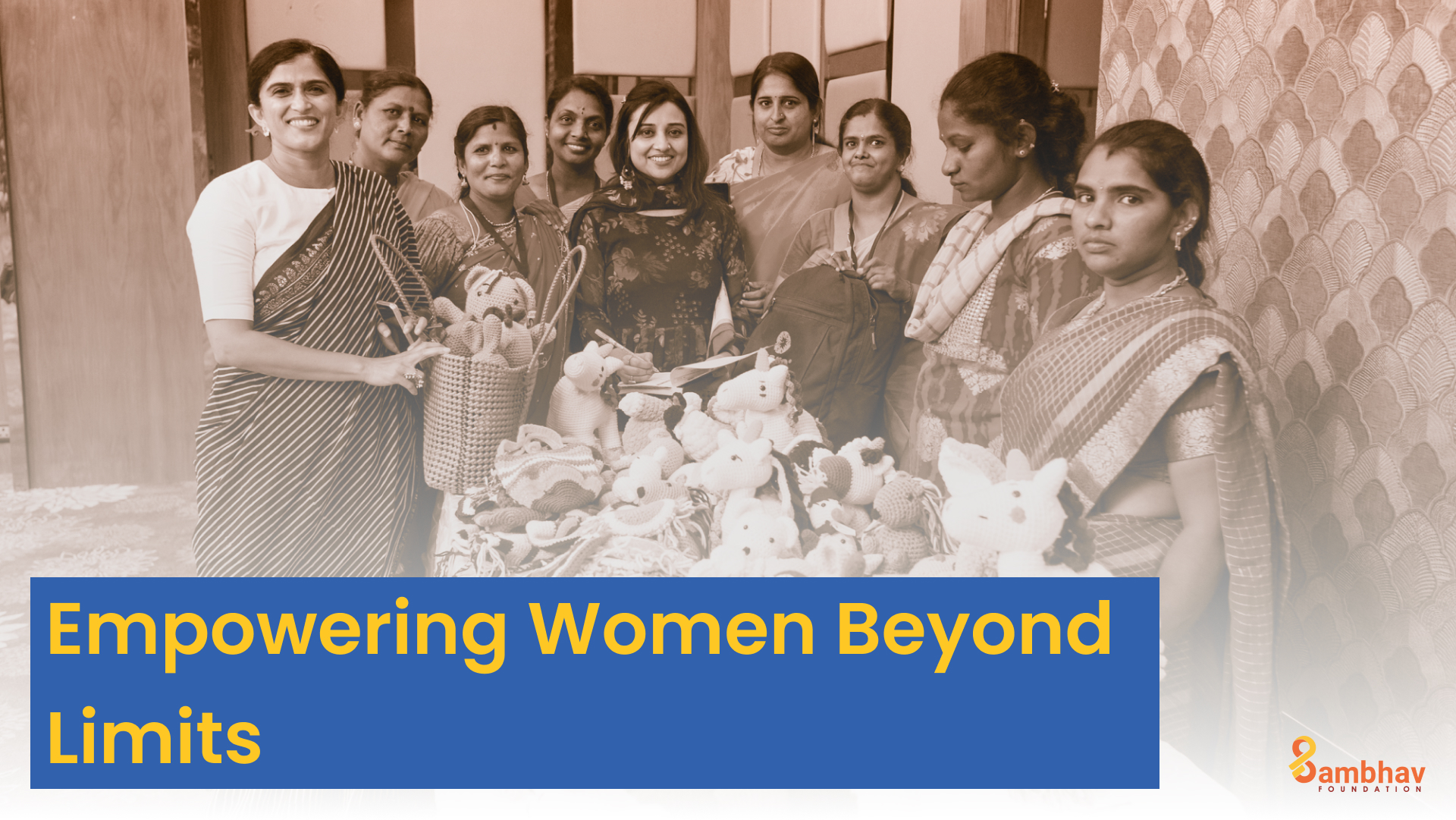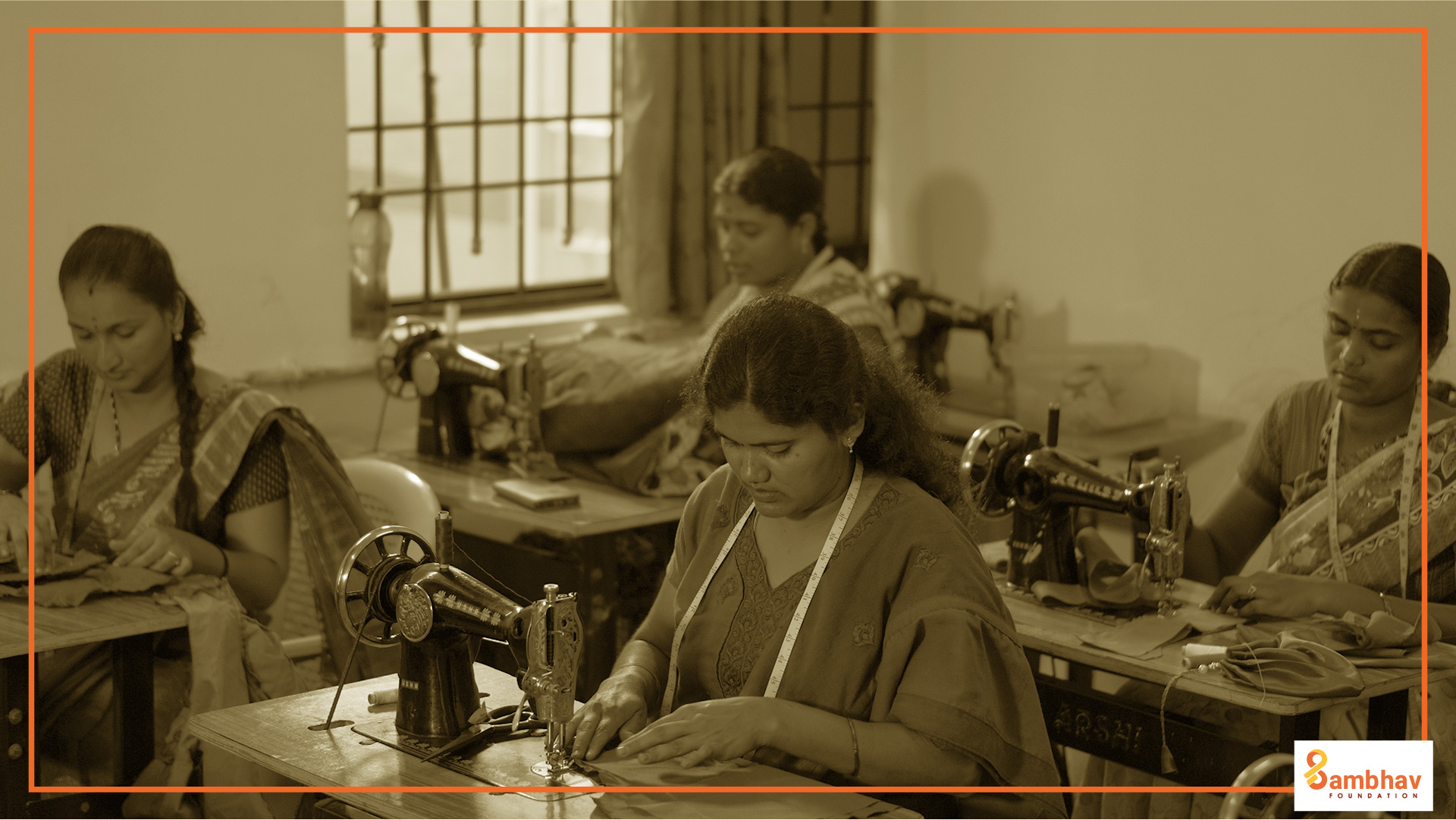When we hear of innovation, we immediately think of sophisticated, cutting-edge technology. But in India, the need for innovation still revolves around digital identity and access to welfare schemes or government services.
During the first COVID lockdown in 2020, the gaps around accessibility were most visible when it came to migrant workers and providing them with food rations and other basic amenities.
Most migrant workers did not have an identity card with which they could claim benefits due to them. The pandemic had also stopped the roll out of the One Nation One Ration Card (ONORC) scheme; the e-shram portal wasn’t up and running. And the existing gaps in accessing welfare schemes had widening into a chasm.
These challenges of accessibility stand in stark contrast to public systems that do work well. The transformation of the passport office over the past few years is emblematic of that positive change.
Private efficiency meets government’s scale
Even as recently as a decade ago, it was unthinkable that the procedure for issuing and renewal of a passport could be so streamlined. But that’s the change that the Passport Seva programme, driven by TCS, has brought about. A process that used to take weeks now takes just under — people walking in to renew the passport in their morning are done by afternoon, with some time to spare.
The Passport Seva Programme is a perfect example of the change that’s possible when private sector efficiency meets the scale of public systems.
The other example is from healthcare, and comes from a pilot programme being run by AIIMS in New Delhi. Here, the Unique Hospital Identification Card (UHID_ or number is linked to the patient’s Aadhaar to generate digital medical records. These are then stored and automatically accessed during subsequent visits.
Concerns of privacy and security aside, the easy access to medical history is a big step towards simplifying access to medical services. Implemented at scale across the country, it holds a great potential for change.
The e-shram portal is another good example of a move towards simplifying processes. The portal, which hit a milestone of registering 29 crore informal workers (there are an estimated 37 crore informal workers in the country) is the first step towards providing access to basic welfare schemes. Similarly, the One Nation One Ration Card scheme is also an important step forward in fortifying the food security schemes in our country.
Migrant workers and access
The one space where this ‘innovation of access’ has been wanting is the construction and migrant workers. On paper, the welfare of workers is supposed to be looked after by the Board of Construction Workers (BOCW). But accessing these schemes is anything but easy.
First, every state has its own BOCW, with disparate regulations. For construction labourers, whose work is inherently transitory, these changes in regulations prove to be the first hassle of access.
Second, for a construction worker to gain access to the BOCW card is a tedious process.
The eligibility criteria for the cards varies from state to state. In many places, the applications are processed by the Common Service Centres. And even after the workers finally apply for the card (for which they have to pay) — the card takes months to arrive.
As a rule of thumb, in any welfare scheme, the hassle of identifying, vetting and then finally selecting the beneficiaries increases its implementation costs manifold
The Board of Construction workers is no exception. This is reflected in the cess collected by the BOCW as well. Across all states and UTs have collected in excess of Rs 70,000 cr in cess over 25 years. But not even half of it has been spent so far.
It’s always the beneficiaries who carry the burden of these inefficiencies. For a daily wage labourer, the hoopla around applying for a BOCW card of renewing it means a loss of income. These construction workers also labour under precarious conditions. A delay of months in delivering the card also means they work with zero social security benefits.
It would be great if the BOCW and other government departments could take a page or two from the Passport Seva Programme or other digital initiatives to truly innovate by improving access to their services.




